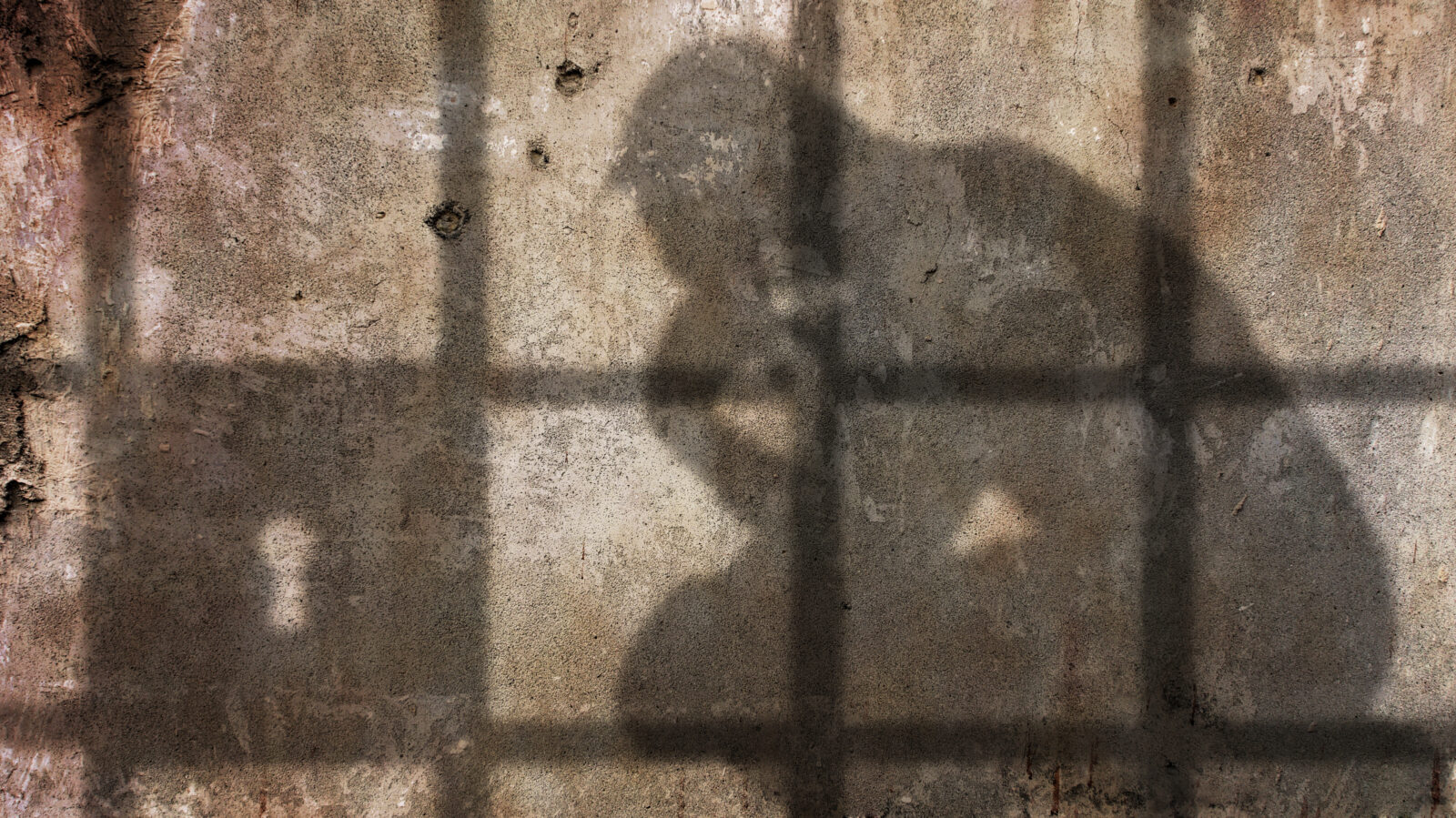Let’s go back to the campus of the Orange County Rescue Mission (OCRM), where each formerly homeless student wears a lanyard that holds up an electronic ID card. The card is a key for his or her bedroom but also tracks whether and when the students show up at their class or work assignments.
Freshmen — students in the first 3-5 months of what is typically an 18-month program — go through assessments of physical and mental health, educational and legal status, computer skills and financial understanding. They participate in therapy groups, work through three books in a Design for Discipleship series, and wear yellow lanyards.
Sophomores wear green lanyards, get all the documents and character references they need to pursue a job, get help from Trinity Law School interns in getting their criminal records expunged when appropriate, and complete three more Design for Discipleship books.
Juniors wear blue lanyards, assist resident advisors and case managers, obtain a high school diploma if they don’t have one, and take a Road to Success course. Seniors wear red lanyards—I remember the yellow/green/blue/red progression by thinking “Yogi Berra” — and begin outside employment.
OCRM on Friday, July 21, had 343 residents: The lanyards are an ingenious way of improving security, bonding students, and suggesting progress in lives that have so far moved in repeated circles. I attended on that day a ceremony in which fourteen students finishing a “Road to Success” training week traded in their blue lanyards for red ones.
Their ages ranged from twenty-somethings to Michael, 65, a former city official who until recently consumed a half-gallon of vodka each day. I heard all their stories of thankfulness but to avoid repetition will just give you here 36-year-old Andrew’s.
Andrew grew up in Anaheim, ten miles up Interstate 5 from the OCRM campus in Tustin. It’s also, of course, the home of beloved Disneyland and the beleaguered Angels, who hope this year to make major league baseball’s playoffs after a nine-year absence. Andrew in his teens was an essentially fatherless gang member and at one point the starting catcher on his high school team—but when he had to decide between playing baseball and doing meth, he chose meth.
Andrew said he financed his habit by doing burglaries. At age 19 spent eight months in the Orange County Jail. He worked for a year at JiffyLube while continuing to steal and do a gram of meth per day, which numbed his bad feelings, and went back to jail. Next came marriage at the Little White Chapel in Las Vegas, gambling, drug using and selling, unplanned parenthood and planned robberies — always planned out, Andrew insisted, always by himself so no one could rat him out.
Andrew was proud of studying his victims the way a catcher studies opposing hitters: “exploit their weaknesses, make sure they’re not protected” by Mafia-like connections. Andrew said he also got into counterfeiting: That was costly, because when the police pulled him over he “hid the drugs but forgot about the funny money.” Two days after his first son was born, Andrew went to Wasco State Prison in Bakersfield for a year. Then came parole in 2015, back to drugs, parole violation via continued drug use, hiding from police, and arrest. He said prison by then seemed like home, and he could get better drugs there than on the street.
Sentenced to seven years, Andrew got out within a year when California voters passed Proposition 47 that dropped his crime for possession from a felony to a misdemeanor. Andrew said he worked loading and unloading moving vans, had another child, went back to jail for receiving stolen property, did nine months behind bars, got out on parole, and found something he liked even better than drugs: illegal underground gambling. (“If I had $40 left and was on my last dope, instead of buying more dope I’d gamble it.”)
Round and round, two weeks in the county jail, drugs and gambling, charged at the end of 2019 for assault with a deadly weapon, rinse and repeat. Andrew’s wife came to OCRM so he came but stayed for only three days. He received federal COVID money for unemployment, bought a car and more fentanyl, and gambled away most of the money. Andrew said his wife was ready to divorce him, but he learned she was pregnant again. He came back to OCRM in February 2022 — and this time something clicked.
Why this time? First, “meth ain’t fun no more.” Second, “I felt like a force was bringing me back here. Like a magnet. I hopped on a bus, came straight here. I asked God to take these demons out of me.”

